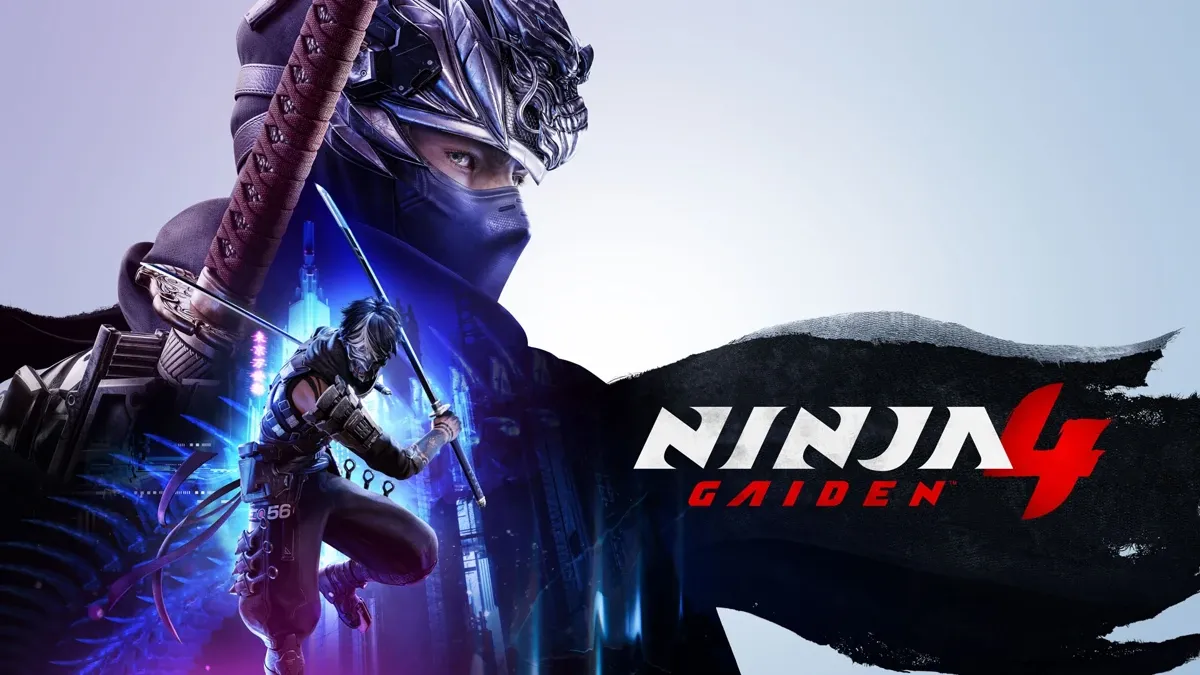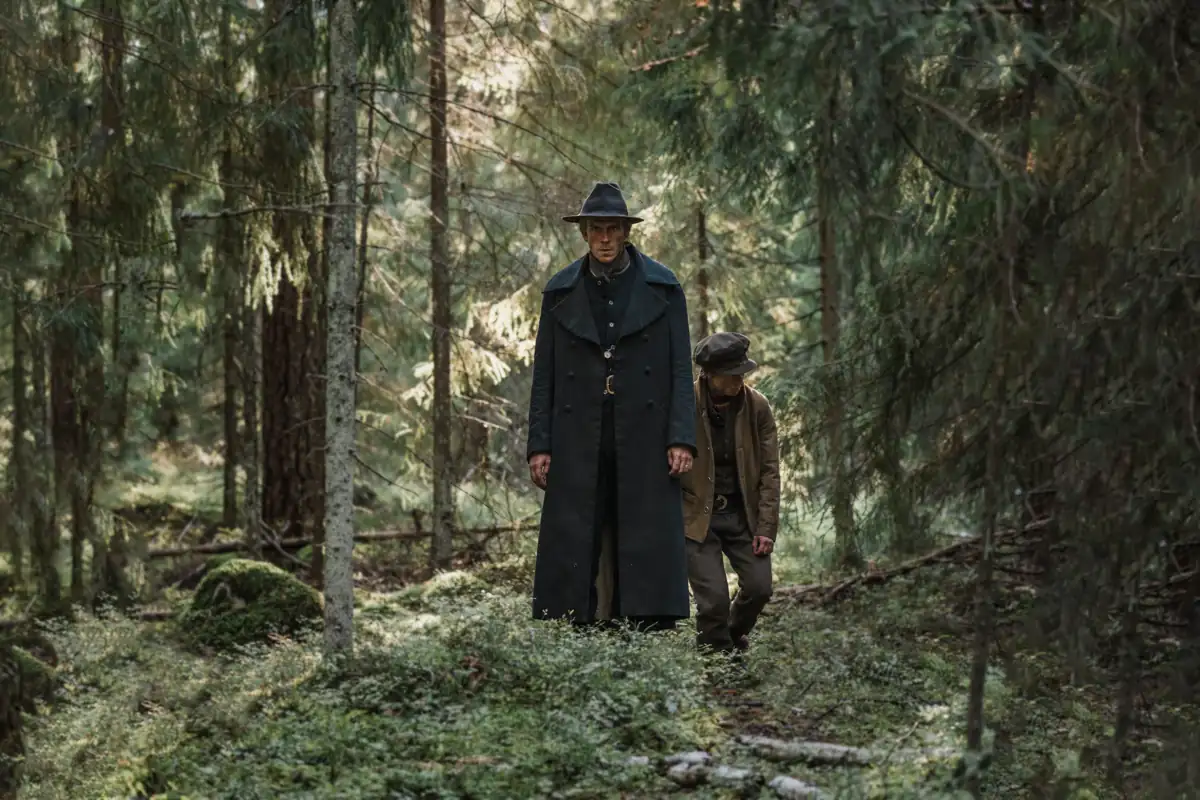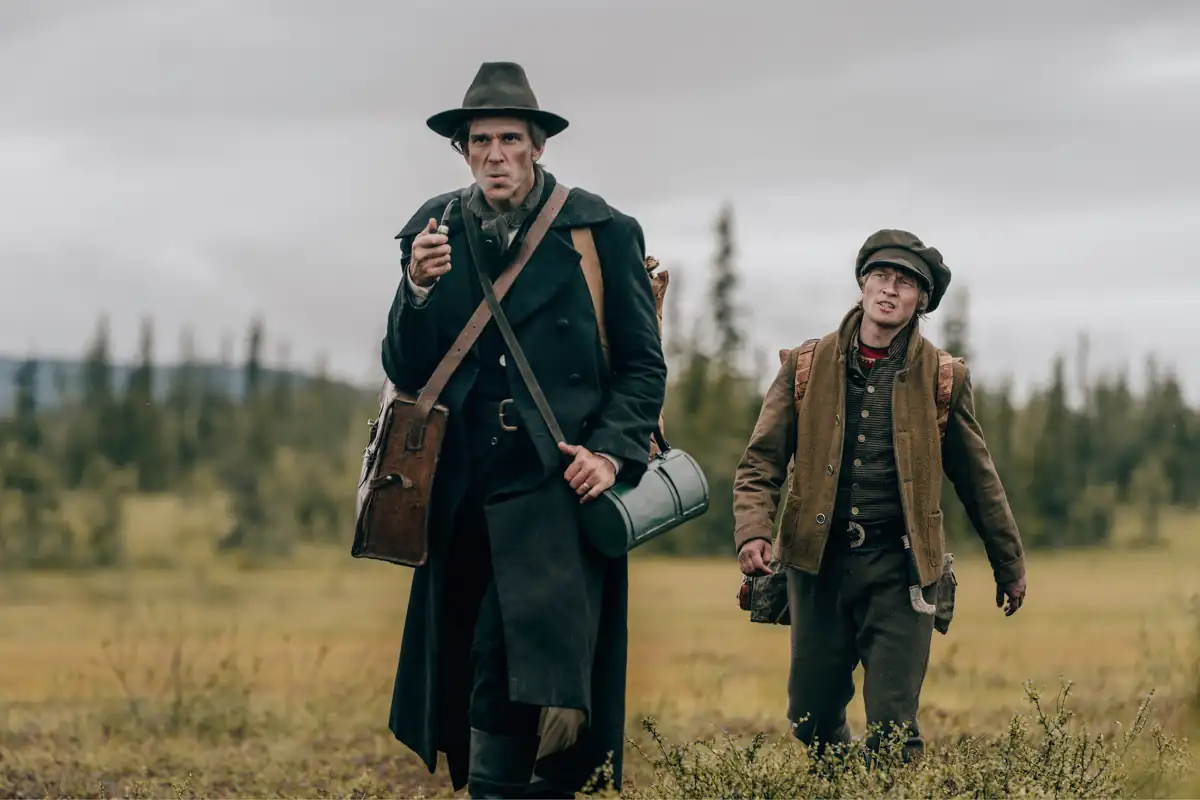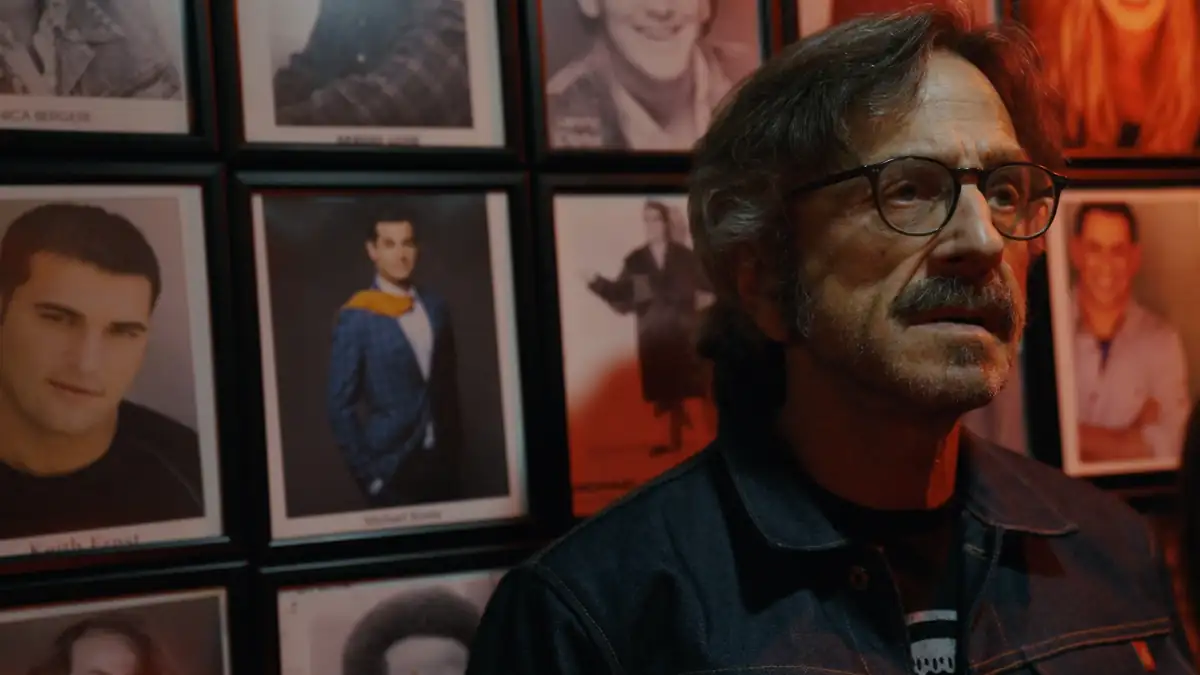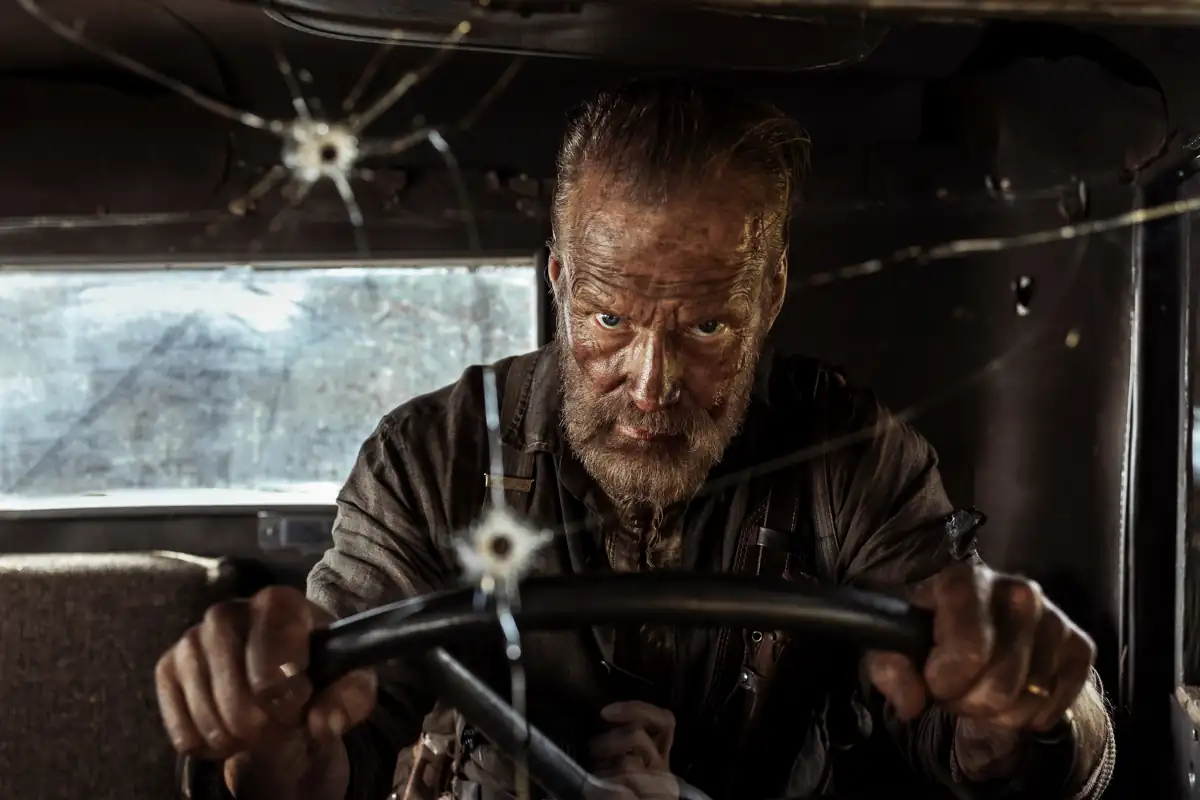Monsters are easy.
Monsters can be outrun, outgunned, and outwitted. Monsters have a weakness. Monsters have a backstory and lore that eventually becomes their downfall. Even the great Lovecraftian demons stay in the deep dark recesses of space, where they sleep and wait.
Hate is worse. Hate is like quicksilver. It slithers and permeates every aspect of a person, town, and society. Hate is systemic. Hate can be organized, politized, and commodified. Hate is hard to understand because it defies logic and reason, and unlike monsters, it can spawn anywhere and from anyone.

LOVECRAFT COUNTRY, based on the novel by Matt Ruff and created for television by Misha Green, deals in both, but it’s in the latter that it embraces the horrors that make Lovecraft timeless. Green has crafted the definitive take on the maestro’s work by tearing down the author’s racist iconography and mining the pulp material to wrap around her vision. It is both a destruction and celebration, a reinvention and throwback, and one of the smartest, most poetic, and brilliant works of the past decade.
Atticus Freeman (Jonathan Majors) returns home from Florida, where he’s been hiding out for an undisclosed amount of time. A veteran of the war in Korea, Atticus is a broken, angry young man trying to survive in Jim Crow America. Armed with a letter from his estranged father, which begs him to follow, Atticus and his uncle George (Courtney B. Vance) set out towards Lovecraft Country far to the east. Traveling under the guise of writing The Green Book (a guide of safe stops for African Americans in the country), accompanying them is Letitia (Jurnee Smollett-Bell), Atticus’ one-time friend now running from her demons.
While LOVECRAFT COUNTRY kicks off with a great sequence involving aliens, demons, and one of Lovecraft’s most iconic monsters itself, the opening set-piece feels more like it’s getting things out of its system. It’s an invitation that reminds the viewer that yes, there will be supernatural things on this show, and no, they won’t be the main draw.
Atticus’ fellow traveler asks why he’s so invested in reading a book where a former confederate is the hero. The text in question, John Carter and the Princess of Mars is classic but troubled in its own right. Atticus responds that he feels stories are like people: if you love and cherish them, you try and overlook their flaws.
Yeah, but the flaws are still there, his friend responds. He can’t argue with that.
If there ever were a mission statement to the show, this would be it. H.P. Lovecraft is a pop-culture brand on to himself. His stories translate into movies, radio plays, comics, and references in thousands of books and series worldwide. Yet it’s an undeniable fact that at the same time, Lovecraft was an incurable racist, one who sowed his hateful creed into each one of his stories.
To like Lovecraft and celebrate his inventions, the series says they’re not for consumption in a vacuum without discretion. Context matters. Art does not exist in a vacuum, just as science or anything else doesn’t, and every leap forward quakes with the sociopolitical contract that one side in the American dream refuses to comply.
To love and cherish conflicted material, one should take the elements they care about while casting out that rotten core. Racist caricatures are left to the wind, while strong women and men of color bear the foreground in battles against systemic racism that is as scary as any ancient evil.

In Green’s hands, LOVECRAFT COUNTRY turns into a mosaic of African-American life throughout history. Cosmic evil is a concern only for those who don’t know everyday evil in their lives. As Atticus and friends encounter wizards and demons ripped straight from the pages of pulp novels, their only reaction to them is momentary incredulity. “Magic exists,” one character says flatly upon grandiose revelations.
It’s not because the series downplays or makes fun of its origins, but instead attacks from it an angle we haven’t seen before. Sure, magic and monsters exist, but so what? It’s just another thing black people have to fear. At least monsters appearing only after nightfall make sense. It’s far harder to comprehend what’s behind a sheriff who will hunt black people in daylight, hoping he can catch them at sundown, so he’s legally allowed to lynch them.
One particularly compelling story involves the Green Book and how perverse the very idea of its necessity is. Before anything supernatural even happens, LOVECRAFT COUNTRY is terrifying as it dispassionately shows what a hostile world America was, is, and always has been for the minority.
The series is episodic with an overarching story involving secret societies and blood lineage. But the main emphasis is squarely on the characters, who are some of the most engaging all year. Atticus is a broken man struggling with his anger, thanks to passed down generational trauma from his father. Letitia has never looked out for anyone but herself. When a character gets the chance to change themself to join the other side of the societal rift, they abuse that power like they were clinging to a lifeboat, which is not far from the truth. Whiteness is so powerful in itself that it might as well be magic. Especially in America, especially then and now.

I’ve seen half the season in advance, and the quality kept upping the ante every hour. There are haunted houses, underground complexes in the style of Indiana Jones, and body horror that would make David Cronenberg blush. Yet the series never feels disjointed or tonally incoherent. It’s scary, exciting, funny, and devastatingly accurate in its depiction of the collapsing empire.
Every episode of LOVECRAFT COUNTRY comes loaded with everything, often to the point of overabundance. That’s not a bad thing inherently, but history has shown that second seasons rarely happen to series that have something to say, especially when they say it in a way that requires the viewer to pause and consider not just their expectations. Not to mention the built-in prejudices that LOVECRAFT COUNTRY tackles head-on.
Transitions and montages play to important historical speeches on civil rights, white antagonists march to Marilyn Manson’s music, and LOVECRAFT COUNTRY takes every chance to do something different with material audiences know well.
More accurate would be to say that Green’s ambitious epic might just be too good, too smart, and too outspoken for the kind of audiences big-budget serials need to reach.
Such is the nature of the best kind of pulp, molding iconography in a way that disfigures it until it is new again. Which is what LOVECRAFT COUNTRY does beautifully. It occupies the racist history of horror and science-fiction and retools it for telling the story of those silenced for centuries.






